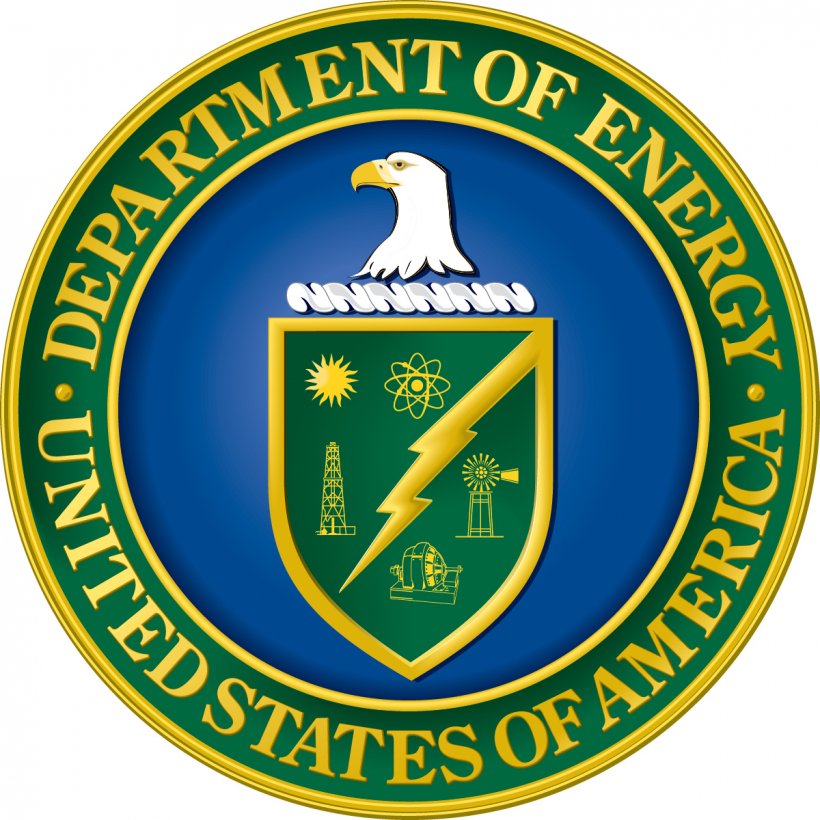Resource Details
Energy, Sustainability
Federal Tax Credit for Solar Photovoltaics
The federal residential solar energy credit is a tax credit that can be claimed on federal income taxes for a percentage of the cost of a solar PV system paid for by the taxpayer. (Other types of renewable energy are also eligible for similar credits but are beyond the scope of this guidance.)
The installation of the system must be complete during the tax year.
A tax credit is a dollar-for-dollar reduction in the amount of income tax you would otherwise owe. For example, claiming a $1,000 federal tax credit reduces your federal income taxes due by $1,000.
After seeking professional tax advice and ensuring you are eligible for the credit, you can complete and attach IRS Form 5695 to your federal tax return (Form 1040 or Form 1040NR). Instructions on filling out the form are available on the website linked under "more information."
Eligibility
Eligible applicants must meet the following criteria:
Your solar PV system was installed between January 1, 2017, and December 31, 2034.
The solar PV system is located at a residence of yours in the United States.
Either:
You own the solar PV system (i.e., you purchased it with cash or through financing but you are neither leasing the system nor nor paying a solar company to purchase the electricity generated by the system).
Or, you purchased an interest in an off-site community solar project, if the electricity generated is credited against, and does not exceed, your home’s electricity consumption. Notes: the IRS issued a statement (see link above) allowing a particular taxpayer to claim a tax credit for purchasing an interest in an off-site community solar project. However, this document, known as a private letter ruling or PLR, may not be relied on as precedent by other taxpayers. Also, you would not qualify if you only purchase the electricity from a community solar project.
The solar PV system is new or being used for the first time. The credit can only be claimed on the “original installation” of the solar equipment.
Eligible expenses include:
Solar PV panels or PV cells (including those used to power an attic fan, but not the fan itself);
Contractor labor costs for onsite preparation, assembly, or original installation, including permitting fees, inspection costs, and developer fees;
Balance-of-system equipment, including wiring, inverters, and mounting equipment;
Energy storage devices that have a capacity rating of 3 kilowatt-hours (kWh) or greater (for systems installed after December 31, 2022);
and
Sales taxes on eligible expenses
Top Benefits
- There is no maximum amount that can be claimed
Related Resources
Wisconsin Cooperative Development Grant
Wisconsin Economic Development Corporation
Arts & Culture, Child Care, Energy, Forestry & Paper, Native Peoples, Transportation, Workforce
The Wisconsin Economic Development Corporation (WEDC) is offering grants to support the development of new and existing cooperatives in Wisconsin, with a goal of fostering the success of current and future cooperatives by supporting planning and exploratory research in advance of making a large investment.




